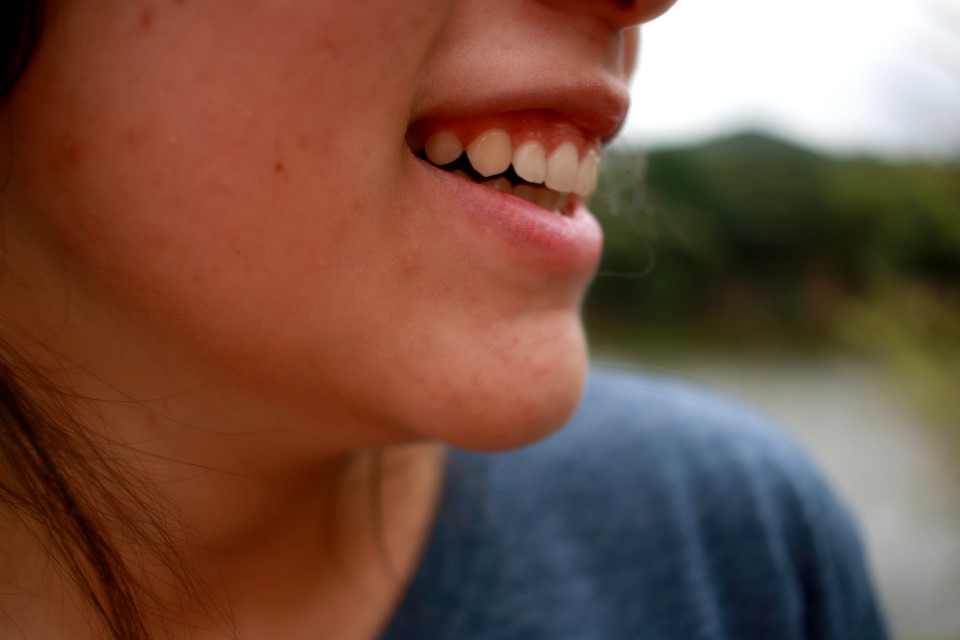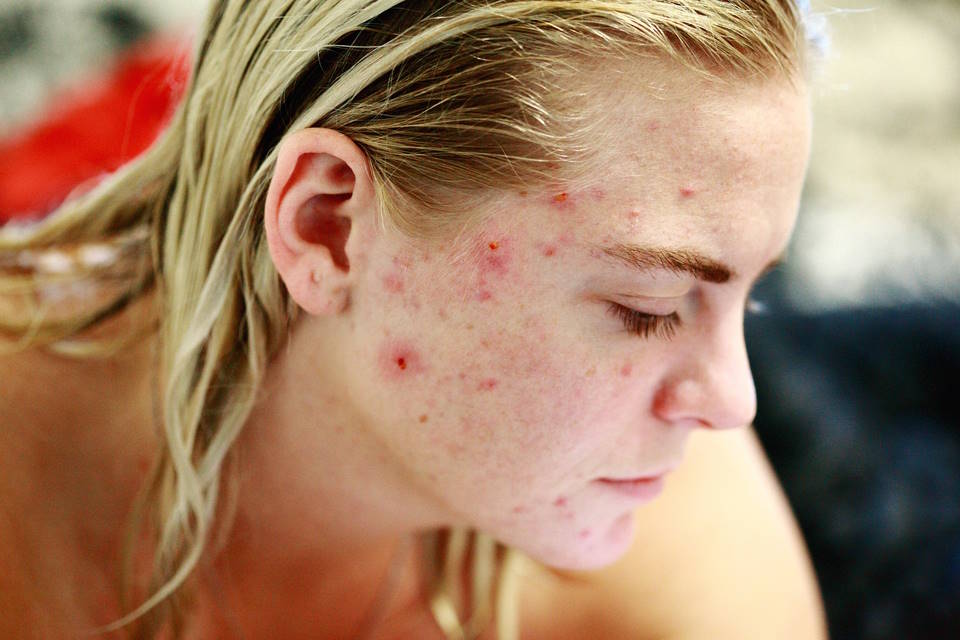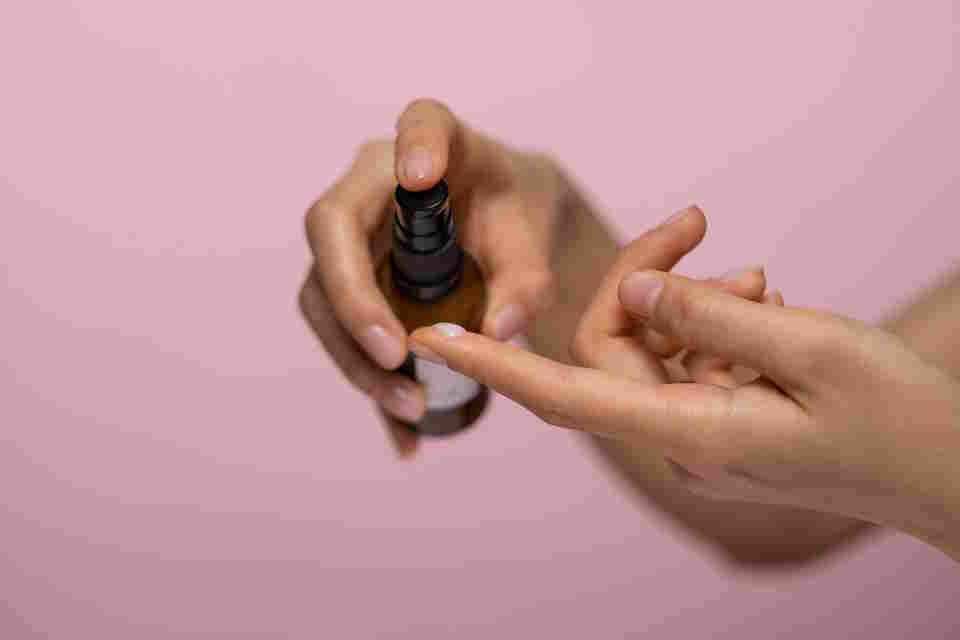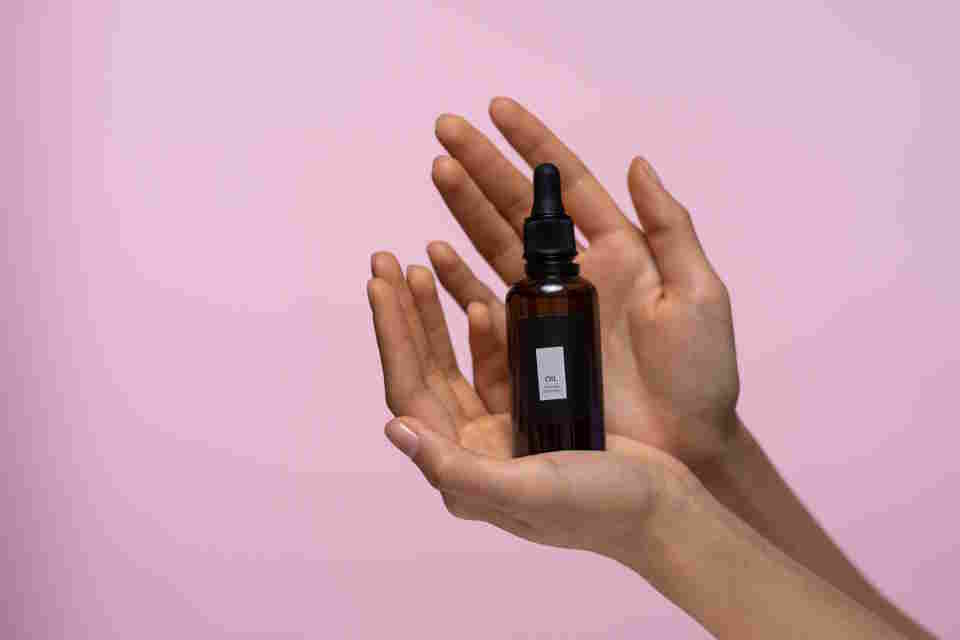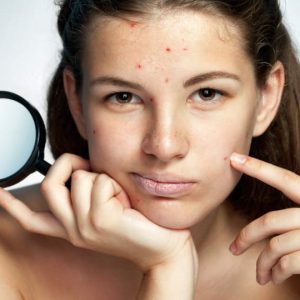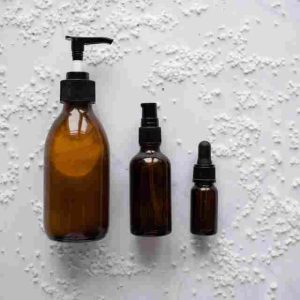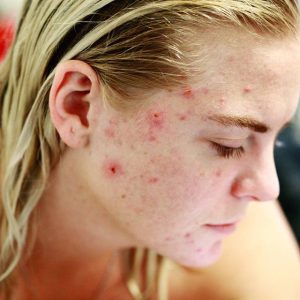Triamcinolone acetonide is a type of corticosteroid that is commonly used to treat skin conditions such as eczema, psoriasis, and dermatitis. As a potent anti-inflammatory medication, many people wonder if triamcinolone can also be used for acne. We will answer some of the most frequently asked questions about using triamcinolone acetonide for acne, including its efficacy, potential side effects, and how to safely administer it. We will also discuss its potential uses for hyperpigmentation and scars. Whether you are struggling with acne or looking for new ways to improve your complexion, this guide will provide you with all the information you need to know about triamcinolone acetonide for acne.
Introduction
Acne can be frustrating and can affect one’s confidence. It is a skin condition that occurs when the hair follicles are clogged with oil and dead skin cells. There are different treatments for acne, and many people have tried various remedies to rid their skin of acne. However, not all treatments work for everyone. Some people have turned to Triamcinolone Acetonide cream, a topical medication primarily used for treating various skin conditions such as redness, itching, and inflammation. Now the question is – Can Triamcinolone Acetonide be used for acne?
The answer is yes, Triamcinolone Acetonide cream can be used to reduce the inflammation associated with acne. It is a steroid medication that reduces inflammation in the body and skin. Therefore, it can help to decrease the inflammation and redness caused by acne.
- However, it’s worth mentioning the importance of consulting a healthcare provider before using Triamcinolone Acetonide cream on acne. Your healthcare provider will evaluate your skin condition and determine whether using this cream is suitable to treat your acne.
- It’s also essential to note that Triamcinolone Acetonide should not be used long-term, as it can have adverse side effects such as thinning of the skin.
- Furthermore, it’s crucial to use Triamcinolone Acetonide cream in the amount prescribed by your healthcare provider. Overuse of topical steroid creams can lead to skin irritation and other severe skin conditions.
Does Triamcinolone Cause Acne?
Triamcinolone is a type of medication that is primarily used to treat inflammation, allergies, and other types of skin conditions. However, many people wonder whether triamcinolone causes acne or not. This is a valid question given that some medications can cause skin problems, and acne is one of the most common skin conditions in the world.
The answer to this question is not a straightforward one. While triamcinolone does not directly cause acne, it can indirectly contribute to its development. Triamcinolone works by suppressing the immune system and reducing inflammation. By doing so, it can also reduce the body’s ability to fight off bacteria, viruses, and other pathogens that can cause acne. This means that if you are already prone to acne, using triamcinolone can make it worse.
Furthermore, some people may experience side effects such as dryness and thinning of the skin when using triamcinolone. This can also contribute to the development of acne as dry skin and dead skin cells can clog pores and lead to pimples and blackheads.
So, what should you do if you are using triamcinolone and experiencing acne?
- First and foremost, talk to your doctor or dermatologist.
- They may be able to suggest alternative medications or prescribe acne treatments to use in conjunction with triamcinolone.
- You should also make sure to follow a good skincare routine that includes gentle cleansing and moisturizing.
- Try to avoid using harsh scrubs or exfoliants that can further irritate the skin.
- And lastly, try to maintain a healthy lifestyle by eating a balanced diet and getting enough rest and exercise.
Can You Use Triamcinolone on a Cystic Pimple?
Triamcinolone acetonide is a synthetic corticosteroid that is being commonly used for the treatment of skin conditions such as psoriasis, eczema, and rashes. However, can it be used for cystic acne as well?
Cystic pimples are deep inflammatory acne that occurs when a hair follicle is clogged with oil and dead skin cells, leading to infection and inflammation of the surrounding skin. They are often painful, large, and can leave scars if left untreated.
Triamcinolone acetonide cream is not specifically made for the treatment of cystic acne, but some dermatologists may recommend it for reducing inflammation and pain associated with cystic pimples. Triamcinolone acetonide cream works by reducing the production of prostaglandin and leukotriene, both of which are responsible for causing inflammation in the skin. It also reduces swelling and redness and helps in healing the affected area. However, it is important to note that this cream should not be used on an active infection or open wound.
While triamcinolone acetonide cream may be helpful in reducing inflammation and pain associated with cystic pimples, it is important to use it cautiously and only under the guidance of a dermatologist. It is not a cure for cystic acne and should be used along with other acne treatments such as topical retinoids, antibiotics, and lifestyle changes like a healthy diet and exercise.
How Do You Dilute Triamcinolone for Acne?
Triamcinolone is a synthetic adrenal corticosteroid used to treat various skin conditions, including acne. However, it is important to dilute the medication before applying it to the affected area to avoid skin irritation or other side effects. The following are steps for diluting Triamcinolone acetonide for acne:
- Wash your hands and the affected area with soap and water
- Using a measuring cup, add 1 part Triamcinolone acetonide to 2 parts of a suitable moisturizer or lotion
- Mix the ingredients thoroughly and apply a thin layer to the affected area
- Repeat the process twice a day, or as directed by your doctor
It is important to note that Triamcinolone should not be used for extended periods, as it may cause skin thinning, discoloration, or other side effects. If the condition does not improve after several weeks of treatment, consult your doctor.
It is also important to avoid using Triamcinolone on open wounds, skin infections, or other serious skin conditions unless directed by a healthcare professional. Additionally, do not use Triamcinolone on the eyes, mouth, or genital area, as it may cause irritation or other complications.
| Advantages of using Triamcinolone for Acne | Disadvantages of using Triamcinolone for Acne |
|---|---|
| Reduces inflammation and redness in acne-prone skin | May cause skin thinning or discoloration with prolonged use |
| Helps to reduce the size and severity of acne lesions | May cause skin irritation or other side effects if not properly diluted |
| May help to prevent scarring or other skin damage caused by acne | Not suitable for all skin types or conditions |
If you experience any severe side effects or an allergic reaction to Triamcinolone, such as swelling or difficulty breathing, seek medical attention immediately. As with any medication, follow your doctor’s instructions for use and monitor your skin for any changes or complications.
Does Triamcinolone Acetonide Cream Help With Scars?
Triamcinolone acetonide cream is a type of medication commonly used to treat skin conditions such as eczema, psoriasis, and dermatitis. But, can this medication also help with scars?
The answer is yes, triamcinolone acetonide cream can be effective in reducing the appearance of scars. The cream works by reducing inflammation and suppressing the immune system, which helps to prevent the formation of scar tissue.
Triamcinolone acetonide cream is often used in conjunction with other scar treatments, such as silicone sheets or gels, to achieve the best results. It is important to note that not all scars respond to triamcinolone acetonide cream, and it may be more effective for certain types of scars, such as hypertrophic scars or keloids.
- Hypertrophic scars are raised, red scars that form along the edges of a wound. They can be itchy or tender, and are often the result of burns, cuts, or surgical incisions.
- Keloids are similar to hypertrophic scars, but they extend beyond the boundaries of the original wound. They are more common in people with darker skin, and may be caused by acne, piercings, or tattoos.
If you are considering using triamcinolone acetonide cream to treat your scars, it is important to speak with your dermatologist first. They can help you determine the best course of treatment based on your individual needs and medical history.
| Pros | Cons |
|---|---|
| Can reduce the appearance of scars Relatively inexpensive Easy to apply |
May not be effective for all types of scars May cause skin thinning or discoloration with prolonged use |
Can Triamcinolone Acetonide Be Used for Hyperpigmentation?
Hyperpigmentation occurs when the skin produces too much melanin, resulting in dark patches or spots on the skin. This condition affects people of all skin types, but it is more common in those with darker skin tones. There are several causes of hyperpigmentation, including exposure to the sun, hormonal imbalances, and inflammation. Although there are many treatments available to help lighten hyperpigmentation, one option that has gained popularity is triamcinolone acetonide.
Triamcinolone acetonide is a synthetic corticosteroid that is commonly used to treat skin conditions such as eczema, psoriasis, and allergies. It works by reducing inflammation and the body’s immune response. While triamcinolone acetonide has not been specifically approved for the treatment of hyperpigmentation, some people have reported success in using it to lighten dark spots on the skin.
- However, it is important to note that triamcinolone acetonide should only be used for hyperpigmentation under the guidance of a healthcare professional.
- This is because improper use of the medication can actually worsen hyperpigmentation and cause other side effects, such as thinning of the skin.
- Furthermore, triamcinolone acetonide should not be used for extended periods of time, as it can lead to skin atrophy and telangiectasia (spider veins).
If you are interested in using triamcinolone acetonide for hyperpigmentation, it is important to speak to a healthcare professional first. They can evaluate your skin and determine if it is the right treatment option for you. Additionally, they can provide guidance on how to properly dilute the medication and how often it should be applied.
Overall, triamcinolone acetonide has shown promise in treating hyperpigmentation, but it should only be used under the guidance of a healthcare professional. There are also many other effective treatments available for hyperpigmentation, so it is important to explore all options before deciding on a course of treatment.

